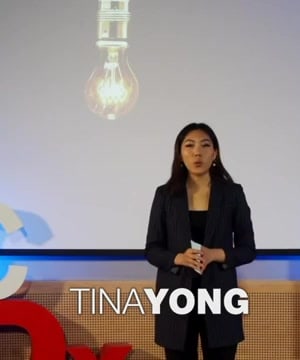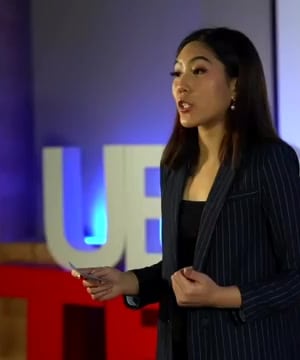College Applicants
Sources:
Insights on College Applicants
-
Injustice in College Admissions
- The current system heavily favors wealthy students. Those who can afford early action or decision applications have a higher chance of acceptance. Students from low-income backgrounds often need to compare financial aid offers, which can delay their applications and impact their chances of acceptance. Suggested reforms include requiring applicants to disclose all paid resources used in their preparation to level the playing field 1.
-
High Competitiveness and Applicant Targeting
- The most competitive applicants, often from wealthy backgrounds, are willing to invest heavily in test prep and consulting services. However, innovative solutions like Admin Yogi have been attracting applicants from underserved demographics, such as first-generation college students from rural areas who previously couldn't afford traditional consulting services 2.
-
The Burden of the "Trauma Essay"
- There's growing pressure on students to write about personal trauma in their applications to stand out. While this can highlight resilience, it can also be emotionally taxing and perpetuate inequities, as students from marginalized backgrounds often share more painful personal narratives compared to their peers 3 4.
-
Application Inflation
- The rise of the Common Application has significantly increased the number of applications submitted, reducing acceptance rates even at previously less competitive schools. This inflates the perceived value of college admissions but contributes to systemic stress and competitiveness among applicants 5.
-
Preparation Strategies
- To navigate the complex admissions process, starting early is crucial. A recommended timeline is at least a year before deadlines, with a focus on "big five numbers": GPA, AP/IB classes, and standardized test scores. Delaying applications can severely limit financial aid opportunities, resulting in significant financial losses 6 7.
-
Alternative Admissions Systems
- Radical suggestions include moving towards open hiring principles where admissions decisions are partially randomized among qualified applicants. This would reduce biases and address the overemphasis on merit badges and subjective classifications in shaping incoming classes 8.
Understanding these challenges and insights can help families, educators, and policymakers navigate and potentially reform the college admissions landscape.
RELATED QUESTIONS-



